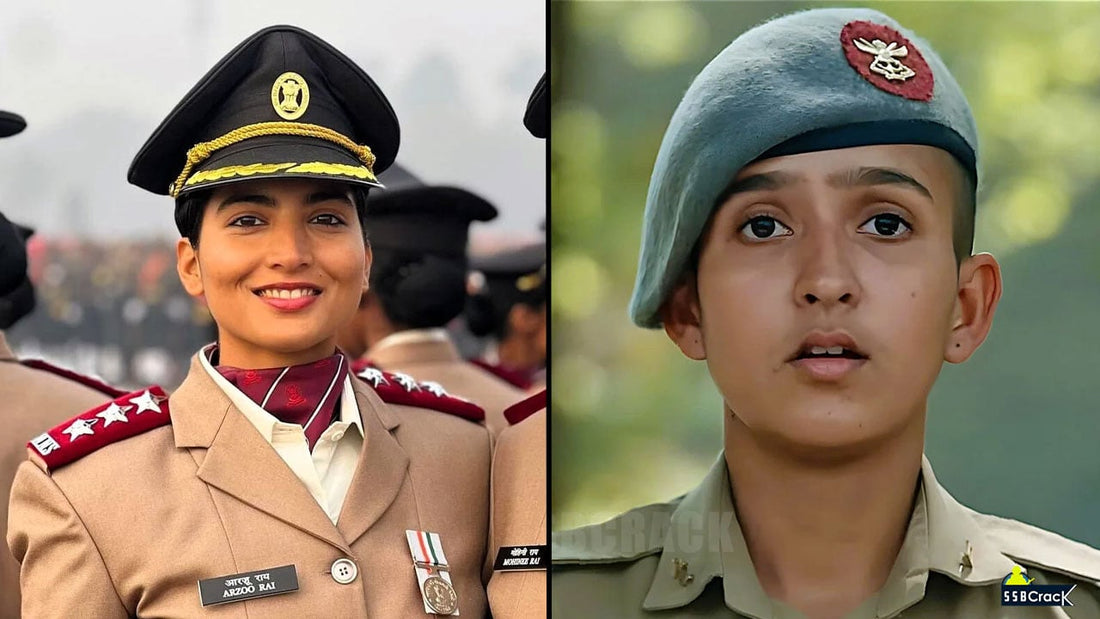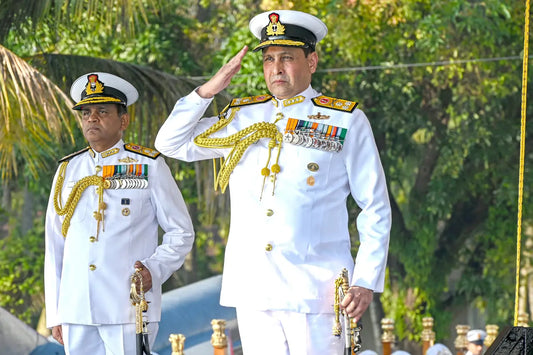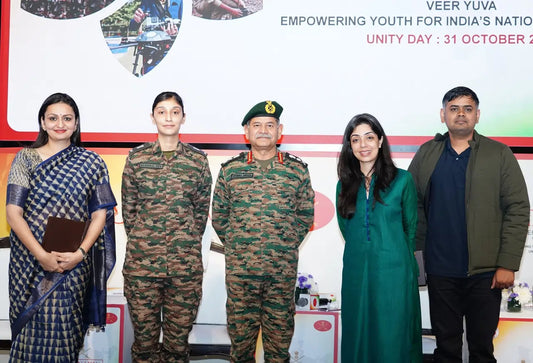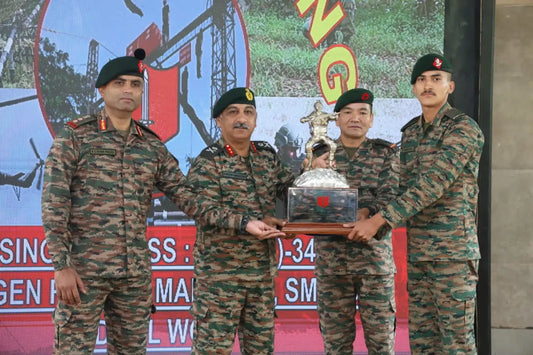Evaluating Career Prospects in the Indian Armed Forces: NDA vs MNS in 2025

The decision to choose between the National Defence Academy (NDA) and the Military Nursing Service (MNS) is a significant one for those aspiring to join the Indian Armed Forces. Each option offers unique requirements, career paths, and personal fulfillment opportunities based on individual interests and aspirations. This exploration will help prospective candidates understand the differences between these two esteemed institutions, assisting them in making informed decisions that align with their personal and professional goals.
The armed forces play a critical role in a nation’s security and welfare, with various positions contributing to their operations. The NDA and MNS are prominent gateways for those attracted to military service. While the NDA trains future leaders and combatants across the armed forces’ branches, the MNS focuses on developing nursing professionals dedicated to military healthcare. Evaluating key factors such as gender eligibility, educational requirements, training, salary, and career paths can help determine which pathway might be more suitable for an individual's aspirations.
The National Defence Academy, established on October 1, 1954, was designed to provide a comprehensive platform for training future military officers in the Indian Army, Navy, and Air Force. The academy emphasizes military tactics, leadership, strategic thinking, and physical fitness. In contrast, the Military Nursing Service developed from the historical need for healthcare in military settings, particularly during wars and extensive military operations. Now, the MNS is a vital part of the Indian Defence, combining military discipline with healthcare expertise.
The educational requirements for both the NDA and MNS differ significantly. The NDA allows candidates who have completed the 12th grade in any stream, with an age limit of 16.5 to 19.5 years, making it accessible to young school leavers. The MNS, exclusively open to females, requires candidates to pass the 12th grade with Biology and English and qualify for the NEET exam, with an age range of 16 to 24 years, reflecting its focus on healthcare services.
| Criteria | NDA | MNS |
|---|---|---|
| Gender Eligibility | All genders | Only females |
| Educational Requirement | 12th pass/appearing (any stream) | 12th pass with Biology and English, + NEET qualification |
| Age Limit | 16.5 to 19.5 years | 16 to 24 years |
| Exam Conducting Body | UPSC (Written + SSB Interview) | NEET (UG) score + CBT + Interview |
| Seats Available (Approx.) | ~400 annually | 220 annually |
| Applicants (Approx.) | ~600,000 annually | ~100,000 annually |
| Selection Ratio | 1 in 1500 | 1 in 455 |
| Training Duration | 3 years at NDA + specialized training | 4-year B.Sc Nursing program |
| Training Focus | Combat, military tactics, leadership | Nursing fundamentals and clinical healthcare |
| Career Role | Commissioned Officers in Army, Navy, Air Force | Military Nursing Officers providing healthcare services |
| Commission Type | Permanent Commission | Permanent and Short Service Commission |
| Salary | Higher pay scale with allowances including MSP | Competitive salary; slightly lower than NDA |
| Reservation Policy | None | 15 SC/ST seats & 25 for NCC ‘C’ certificate holders |
| Uniform | Service-specific military uniforms | Beige uniform indicating nursing role |
| Facilities | Mess, canteen, accommodation, ECHS benefits | Similar facilities to NDA |
| Post-Service Benefits | Pension, promotions, advanced training opportunities | Pension, promotions available |
The NDA examination is conducted by the Union Public Service Commission (UPSC) and includes a written test followed by an SSB interview, evaluating academic competence through subjects like Mathematics and General Ability. The competitive nature of the examination is reflected in the selection ratio of 1 in 1500, showcasing the need for diligent preparation. For the MNS, candidates rely on their NEET scores, coupled with a Computer-Based Test and an interview, resulting in a relatively more accessible selection ratio of 1 in 455.
Training regimens for NDA and MNS differ significantly. NDA involves a 3-year intensive program focusing on academics, physical fitness, and military tactics, preparing cadets for diverse military roles. In contrast, the MNS requires a 4-year B.Sc Nursing program providing comprehensive training in nursing and clinical sciences, tailored towards military healthcare settings.
NDA graduates commission as officers in the Indian Army, Navy, or Air Force, assuming roles in logistics, administration, intelligence, and combat. These positions encompass significant leadership and strategic responsibilities. MNS personnel commission as Lieutenants, focusing on healthcare services in military hospitals and field operations, covering patient care and emergency medical support.
While NDA officers receive a higher salary scale with extensive allowances reflecting their combat-oriented roles, MNS officers earn a competitive but slightly lower salary. However, both career paths offer stable and rewarding opportunities with allowances and prospects for advancement.
The decision between NDA and MNS involves considering personal ambitions, qualifications, and career aims. NDA is ideal for those interested in leadership and combat roles, while MNS is tailored for females pursuing healthcare careers within the military. As candidates consider their options, the challenges, fulfillment, and future opportunities in serving India through its Armed Forces should guide their choice.
Aspiring candidates can turn to resources like SSBCrack and SSBCrackExams for preparation materials and courses designed to aid success in either the NDA or the MNS pathway. Rigorous preparation will equip individuals for their future roles in the Indian Armed Forces.



















